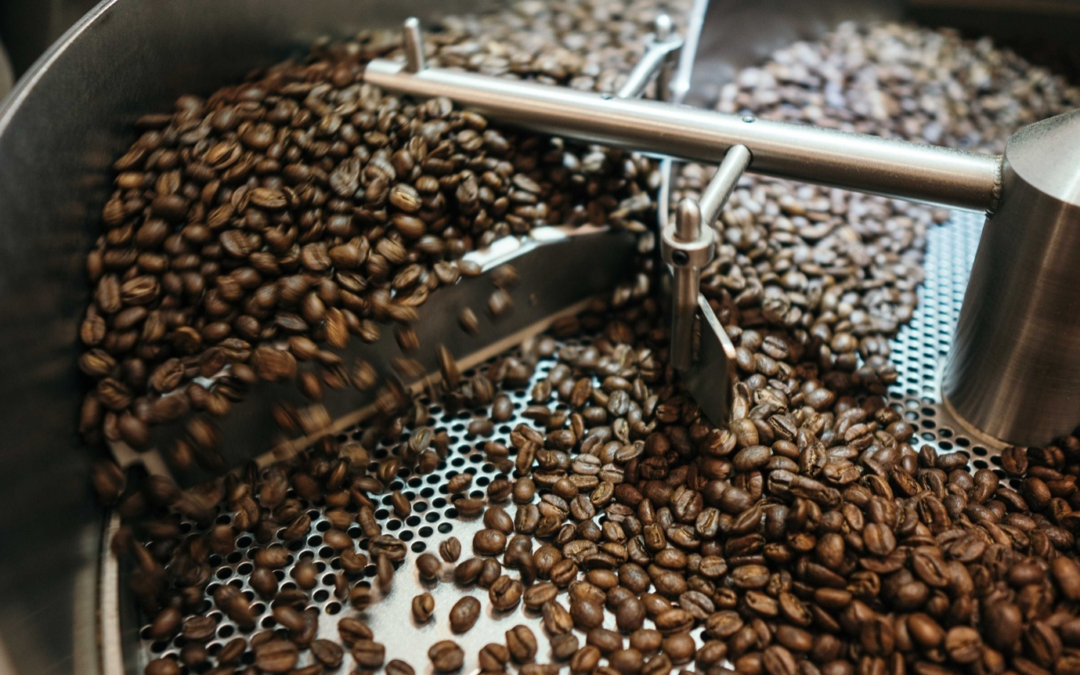Food processing has come a long way in the last several decades. Food plants are now designed to improve their ability to mass-produce food, transport it over large distances, and make it considerably safer.
However, as the world’s population grows, efficiency and productivity become more important. Food processors can satisfy expanding food demand and better serve the world through increased automation, proper plant management, and improved traceability. Let’s take a closer look at this.
Increased Automation
While other businesses have accepted automation as a core element in the future, the food manufacturing industry has been slow to do so. This has resulted in poorer food plant growth and productivity, poor sanitation, and a greater reliance on human labor. Food processing companies must keep up with the times and appropriately automate their operations.
Food extrusion and extremely sophisticated food processing techniques are examples of innovative machinery and procedures that have resulted from rapid technological breakthroughs. Automation leads to increased production, reduced material waste, and higher-quality goods. Food plants will need to rely on automation in the future to meet increased food consumption.
Improved Traceability
Traceability refers to a plant’s ability to monitor ingredients, raw materials, and anything else stored or carried out. Traceability is essential for the plant’s operations to run successfully and on time. It assists you in reducing material waste and inventory management.
Standard equipment like barcode scanners and component verification systems can help with traceability.
Plant Management
Like those in any other industry, workers at food processing plants must efficiently manage the processing plant to maximize results and output. When the plant is up and operating and producing goods, it’s at its most productive. The business suffers when it is interrupted by employee breaks, maintenance concerns, or service fixes.
Implementing a set of standards and processes to guarantee the plant is properly managed is the most effective way to deal with this. Employees must be taught what is demanded of them and also how to manage their time. To eliminate delays during working hours, tight maintenance and repair program should be in place.
Finally, the business should invest in backup equipment in case something goes wrong.
CFAM international is a leading extruder manufacturer in South Africa, and we can help you set up food extrusion plants that are fully automated. Our single-screw and twin-screw extruders are highly rated and efficient products. We can also design custom machines for you and provide you with maintenance and support as well as train your staff.
Contact us now for more details.

